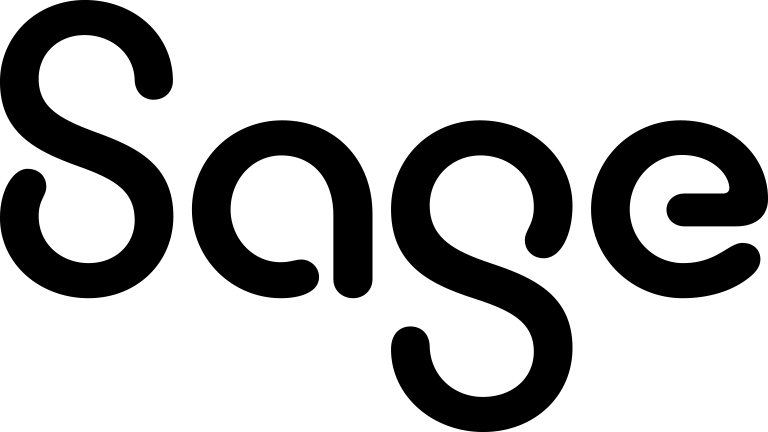Research conducted by Orion Partners into the legacy and continued impact of Ulrich’s model has thrown up some relevant, if rather predictable conclusions. Organisations which have applied the Ulrich model as a one-size-fits-all approach, without first adjusting it to their specific context, will not have reaped the maximum benefits and potential of his theories. At least now I know how Newton felt when the apple landed on his head.
Before getting too carried away with moving to a ‘next generation’ HR model, organisational HR functions need to reflect on the manner in which the last major paradigm shift in our profession, espoused by Ulrich, was interpreted and put in place. Effective HR business partnering has always, and will always mean one thing: understanding precisely which activities HR needs to focus on to truly deliver strategic business impact.
In order to deliver these priorities, HR must have credibility and status within the organisation if it hopes to label itself as ‘next generation’. It also needs to possess the skills, vision, confidence and agility to focus and deliver on those activities with clarity and purpose.
Two things come into play here: the structure of the HR service and its ability to leverage the potential talent that exists at middle management level.
Smart organisations understand the need to invest their precious time, effort and resource in areas like talent management and leadership development. Success will rely upon line managers and their ability to lead, develop, coach and maximise the potential of their staff to create a high performance and engagement culture.
The success or failure of the ‘next generation’ HR function will inevitably be judged by its ability to harness the potential that exists among this most pivotal layer of any business. It must be able to demonstrate a return on organisational investment so that it can take a share of the credit for delivering.
Credibility and gravitas will characterise our next generation of HR business partnering as it has our current generation. They will not regard the achievement of equal status with senior managers as the Holy Grail, but as a mandatory prerequisite to being able to advise, challenge, support, vision and influence – those attributes that define their role in shaping critical business decisions.
In its 2011 report It’s time for the Next Generation HR Service Delivery Model, Mercer proposed the creation of a new ‘people development manager’ role within organisations. This is an exemplary line manager who could coach and refine the people management skills of peers.
I certainly advocate peer development in this way. However, I believe such a model underplays the relevance and potential of effective and true HR business partnering. Surely ‘next generation’ HR must be unashamedly intent on retaining the remit for delivering organisational development and performance improvement through excellence in people management. And it will do this by being able itself to reach and connect with every line manager through the full range of its functions, be it the operational, the transactional or the strategic.
Jabbar Sardar is director of HR and OD at Cafcass










